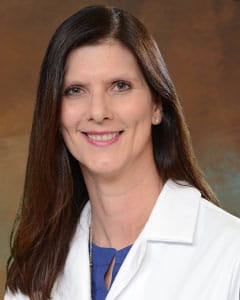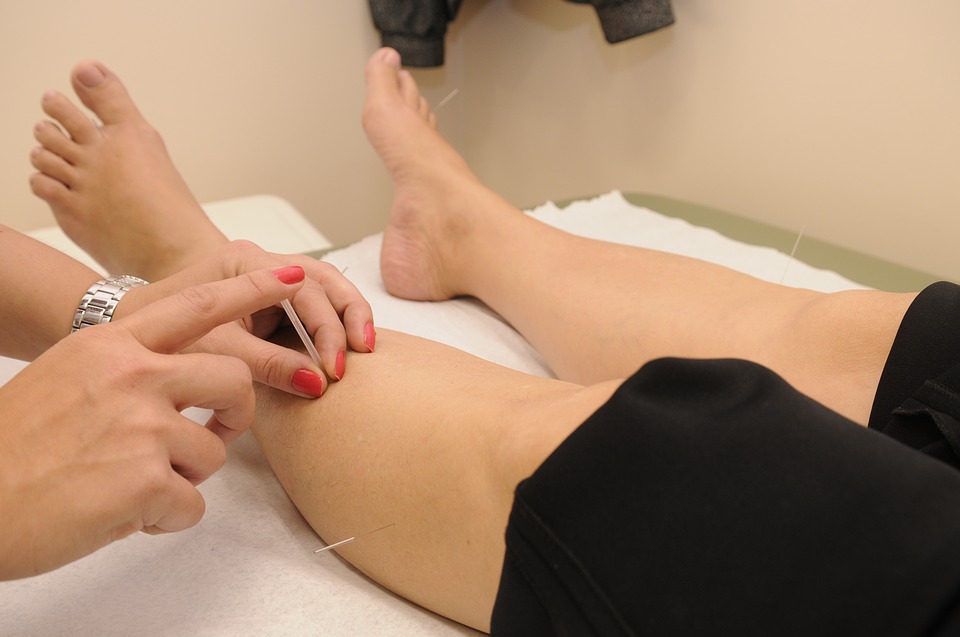When a friend or family member is diagnosed with cancer, you want to help, but may not know how. The last thing you want to is to say or do the wrong thing. As a result, you may end up avoiding the person. Even if you’re not helping with day-to-day care, or if you’re not in the same state as the person, there are many ways you can provide support.
Educate yourself about cancer. It helps to understand the basics of what your loved one is going through, but sifting through information from the vast number of websites can be overwhelming. I recommend these reputable sites: Integrative Medicine program, American Cancer Society and the National Cancer Institute.
Check to see if the cancer center where your loved one is being treated has a research librarian. Keep in mind that you’re gathering this knowledge to further your understanding, and as much as you may want to share your new learnings, your loved one already is receiving a plethora of information from their medical team. Some people may welcome advice, but others may not.
If you’re not sure about what the reaction might be, test the waters with a simple question such as, “Would you like to hear about XYZ?”
Consistently check in. When someone is first diagnosed, friends and family tend to offer support more frequently, but that tapers off as time goes on, particularly if you’re not a day-to-day caregiver. But after diagnosis, the treatment phase can have its ups and downs, and support is just as important then. It’s great to set up a regular time and day to call or visit. Short, more frequent visits may help curtail the feelings of loneliness that often arise, but that may vary depending on what works best for you and your loved one.
after diagnosis, the treatment phase can have its ups and downs, and support is just as important then. It’s great to set up a regular time and day to call or visit. Short, more frequent visits may help curtail the feelings of loneliness that often arise, but that may vary depending on what works best for you and your loved one.
Because fatigue is a common side effect of cancer and cancer treatment, shorter visits are helpful. It’s often best to avoid early morning and night visits, when your loved one may want to rest. The best way to know when to visit is to ask.
Not everyone is near enough to stop by. Phone calls, texts, cards and videos can help bridge the distance. The Integrative Medicine program offers tips for providing support from a distance.
Offer specific help. It may be difficult for your loved one to ask for help. It may work best if you offer it, but always empower them to make choices and decisions. For example, “I’d like to bring you dinner. Would Wednesday or Friday work better?” Sometimes the most practical tasks are the most needed. Offer a ride to the doctor’s office, to pick up groceries, to take a child to soccer practice or to unload the dishwasher.
Be patient during recovery. Sometimes the effects of cancer, including fatigue and changes in thinking, can last a lifetime. Even during and after recovery, don’t expect everything to go back to the way it was before the diagnosis. Support your loved one as they are now.
Look beyond cancer. While thoughts about cancer may also be in the back of your loved one’s mind, it is also OK to laugh and have fun. Schedule enjoyable activities, but make them ones that correspond to your loved one’s energy level.
By communicating — asking questions and paying attention to the answers, and showing up regularly (either in real life or from a distance) — you can help your friend or family member during the challenges of cancer treatment.
Are you interested in learning more about the Orlando Health Cancer Institute Integrative Medicine program?
The Integrative Medicine program is an international non-profit dedicated to providing support, education, and hope to people affected by cancer for over 30 years. Orlando Health believes that conventional western medicine is the best approach to combat cancer and other diseases, but there are complementary paths to aid healing by treating the whole person in a cohesive balance of mind, body, and spirit. As part of this initiative to treat the whole person, we are pleased to announce that we have become an official affiliate of the Integrative Medicine program.
Learn More










